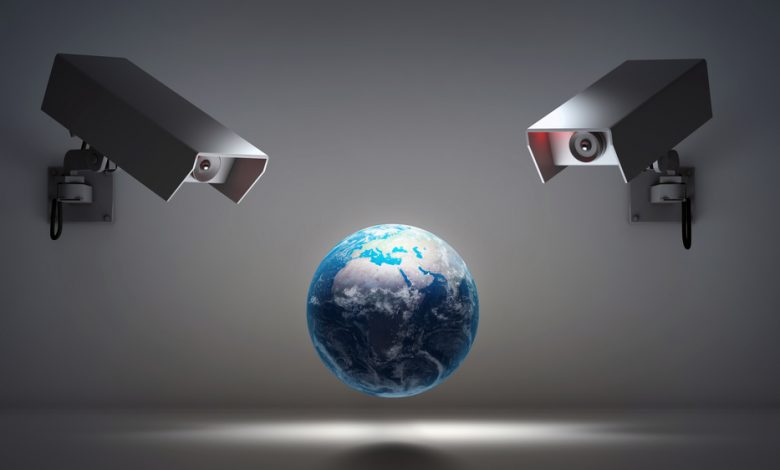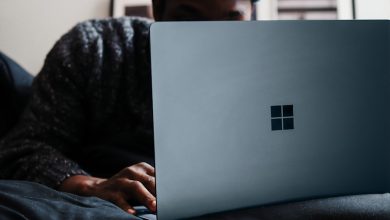
Table of Contents
Turkey
In Turkey, the government is tracking the location of Coronavirus patients using their cell phones location data, and will automatically send warning messages if citizens are detected violating quarantine. All cellular companies operating in Turkey have been asked to cooperate with the government and provide this data, according to the state-run Anadolu Agency.
Last week, a law was proposed that will mandate social media platforms including Facebook, YouTube, and WhatsApp maintain a legal representative in Turkey that the government could pressure to take down content or ban accounts, according to Human Rights Watch. However, those parts of the draft of the law were later removed.
Brazil
Local governments in Brazil are now tracking location data from citizens’ smartphones. The city of Recife alone is tracking over half a million citizens’s locations through their personal devices, and it’s one of Brazil’s smaller metropolitan areas.
Most of this tracking is being done by Brazilian startup companies working in tandem with government.
“We have visibility of certain behaviors that couldn’t be captured by other technologies. For example, if an individual leaves their house, we can detect that in a matter of seconds,” the CEO of one Brazilian firm told Brazilian news site Mobile Time.
Canada
Ontario police now have access to a governmental database of citizens who have tested positive for the COVID-19, including their personal information like names, addresses, and birthdays, according to a report from Vice.
“Protecting the health of communities and first responders is rightly a priority,” the Canadian Civil Liberties Association said in a letter to the Canadian government. “Providing personal health information directly to law enforcement, however, is an extraordinary invasion of privacy.”
China
In communist China, where this pandemic originated, the government is using multiple new tactics to track citizens. Authorities are tapping publicly located cameras to run facial recognition searches, citizens are being location-tracked through their phones, and drones are being put to use in order to give directions from the government, according to a report from CNBC.
The Chinese government is also tracking individuals in more than 200 cities through a smartphone app that grades their health and assigns them a classification of green, yellow, or red. The app sends that data to the police and works as a permission slip for entry into certain public places. Travel to designated hot spots, contact with an infected person, or reported symptoms in the app can result in red and yellow designations, which restrict a person’s movement. How to remove that designation, as well as exactly how those decisions are made, is unclear.
China is also putting pressure on private companies in the country to hand over data to further contain the pandemic.
Surveillance cameras are being installed inside the homes of people living in China under mandatory quarantine, as well as outside people’s front doors, according to CNN.
With all of these new spying applications being introduced, it is very important to make ensure that you aren’t installing phony applications looking to steal your data for hackers looking to make a buck on the Coronavirus craze. Libyan cyber-criminals have just created a remote access trojan (RAT) known as SpyMax, that mimics a tool intended help users find the latest news regarding COVID-19 and resembles the John Hopkins University Coronavirus dashboard. The hackers behind SpyMax are spreading the RAT to victims using text messages.
These invasive techniques may be an indicator of what our lives will look like going forward as we begin to figure out exactly what the global communities new normal will be.





Leave a Reply
Thank you for your response.
Please verify that you are not a robot.